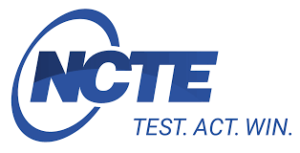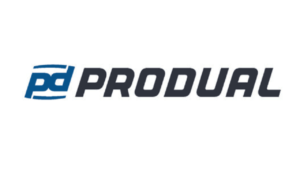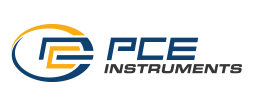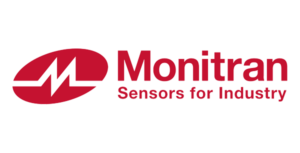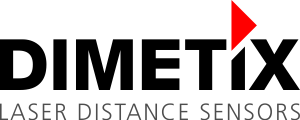Torque torque
High-Precision Torque Sensors and Torque Measurement | Guemisa
At Guemisa, we are specialists in torque sensors, torque meters and torque sensors High-precision instruments for demanding industrial applications. Our extensive experience in instrumentation—from signal converters to flow and temperature equipment—allows us to offer complete, reliable solutions tailored to your technical needs.
What is a torque sensor?
A torque sensor, also called torque meter either torque sensor, is an essential device for measuring the torque applied to a shaft. Its accuracy is essential in applications such as test benches, assembly lines, and R&D processes. An effective torque sensor ensures quality, safety, and performance with every measurement.
Advanced technologies in our torque sensors
Our torque sensors incorporate cutting-edge technology:
- Magnetostrictive (NCTE): Non-contact sensors, ideal for high-frequency measurements, with superior durability in harsh industrial environments.
- Strain gauges (CERTIFICATION): Based on deformation, available in versions:
- Static: Optimal for static measurements with maximum precision.
- Dynamics: Equipped with slip rings for continuous measurement of rotating torque.
Key advantages of our torque sensors
- High precision: Typical accuracy less than 0.1 % FS.
- Versatile outputs: Analog (0-10 V / 4-20 mA) and digital (CAN, EtherCAT) signals.
- Superior robustness: Resistance to vibrations, thermal variations and axial loads.
Main applications of our torque meters
Our sensors stand out in sectors such as:
- Motor and pump testing.
- Torque control in precision screwing processes.
- Measurement in heavy machinery and industrial rotating axes.
- Load simulation and development in research laboratories.
Featured Models: NCTE Sensors
We collaborate with leading manufacturers like NCTE to offer you:
- NCTE 7300 Series: High-performance rotary sensor with a wide Nm range and CAN output, suitable for demanding industrial environments.
- NCTE 2000 Series: Robust and cost-effective alternative for OEM manufacturers seeking precision and reliability.
How to choose the ideal torque sensor?
- Torque range: Defines the range and point of maximum precision required.
- Sensor type: Choose between static or dynamic versions depending on the movement.
- Compatible output: Ensures compatibility with your control system.
Frequently Asked Questions (FAQ)
What is a torque sensor or torque meter?
It's a device that measures the moment of force applied to a shaft. It's also known as a torque sensor or torque sensor, and is essential for monitoring mechanical stresses in industrial processes.
What is a torque sensor used for?
It's used to measure torque on test benches, assembly lines, rotating machinery, and development or R&D processes. It helps ensure accuracy, efficiency, and safety.
What is the difference between a static and a dynamic sensor?
The static sensor measures when there's no rotation, ideal for calibration. The dynamic sensor uses slip rings to capture signals while the shaft rotates, ideal for measurements in continuous motion.
Would you like more information?
Contact our technical team at Guemisa and we'll help you find the perfect torque sensor for your application. Accuracy, reliability, and expert support are guaranteed.
Products: 25


